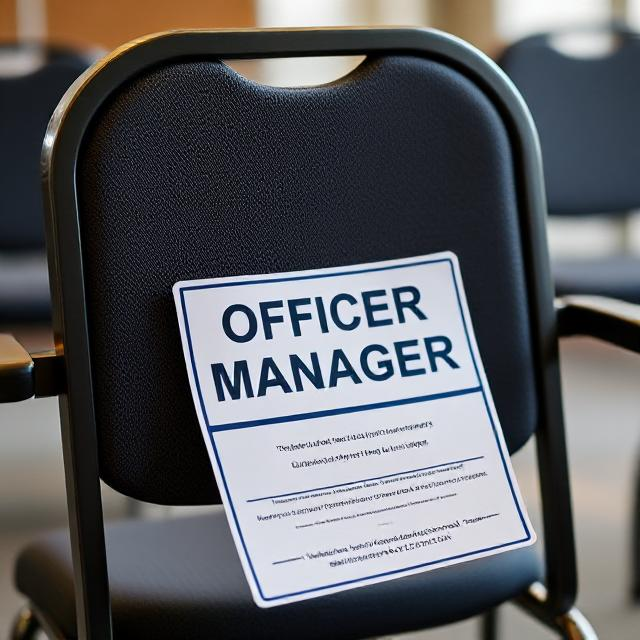Civil Engineer Resume tip using functional format
A functional resume for a Civil Engineer focuses on your skills and accomplishments rather than your chronological work history. This format is ideal if you have gaps in your employment history or are transitioning into a new role. Here’s how to structure it:
1. Contact Information
- Name
- Phone number
- Email address
- LinkedIn profile (optional)
2. Professional Summary
Write a brief, engaging summary that highlights your experience, key skills, and career goals. Tailor it to the Civil Engineer role you’re applying for.
Example:
Innovative Civil Engineer with over 8 years of experience in structural design, project management, and site supervision. Adept at using AutoCAD, Civil 3D, and other engineering software. Seeking to leverage my expertise to contribute to [Company Name]'s success.3. Skills and Qualifications
Create a detailed list of relevant skills and qualifications, grouped into categories. Provide specific examples of how you’ve applied these skills.
Example:
Technical Skills:
- Structural Design: Designed and implemented structural components for residential and commercial buildings, ensuring compliance with industry standards.
- AutoCAD Proficiency: Expert in using AutoCAD for drafting and designing detailed engineering drawings.
Project Management:
- Project Planning: Successfully managed multiple projects from inception to completion, adhering to timelines and budgets.
- Team Leadership: Led cross-functional teams, coordinating with architects, contractors, and clients to achieve project objectives.
Site Supervision:
- Site Inspections: Conducted regular site inspections to monitor progress and ensure compliance with safety regulations.
- Problem Solving: Resolved on-site issues promptly, minimizing project delays and cost overruns.
4. Professional Experience
In this section, provide a brief overview of your work history, without going into detailed descriptions of each role.
Example:
Professional Experience:
Civil Engineer | XYZ Engineering Group | Juba, South Sudan | 2017 – Present
Junior Civil Engineer | ABC Engineering Ltd. | Juba, South Sudan | 2013 – 20175. Education
- Degree(s) obtained
- Name of institution(s)
- Graduation date(s)
- Relevant coursework or honors (if applicable)
Example:
Bachelor of Science in Civil Engineering | University of Juba | Graduated May 2012
- Relevant coursework: Structural Analysis, Transportation Engineering, Geotechnical Engineering, Construction Management6. Certifications
Include any relevant certifications you hold, such as:
- Professional Engineer (PE) License
- Certified Construction Manager (CCM)
- LEED Accreditation
Example:
- Professional Engineer (PE) License
- Certified Construction Manager (CCM)
- LEED Accredited Professional
7. Additional Sections
Depending on your background, you might add:
- Professional Affiliations (e.g., American Society of Civil Engineers)
- Volunteer Experience
- Languages Spoken
- Awards and Honors
8. Formatting Tips
- Keep it concise and to the point, ideally one to two pages.
- Use a clean, professional font like Arial or Times New Roman.
- Use bullet points for easy readability.
- Tailor your resume for each job application, emphasizing the most relevant skills and achievements.
By focusing on your skills and achievements, you can create a strong functional resume that highlights your qualifications as a Civil Engineer. If you need more specific advice or examples, feel free to ask! 📄🌟





